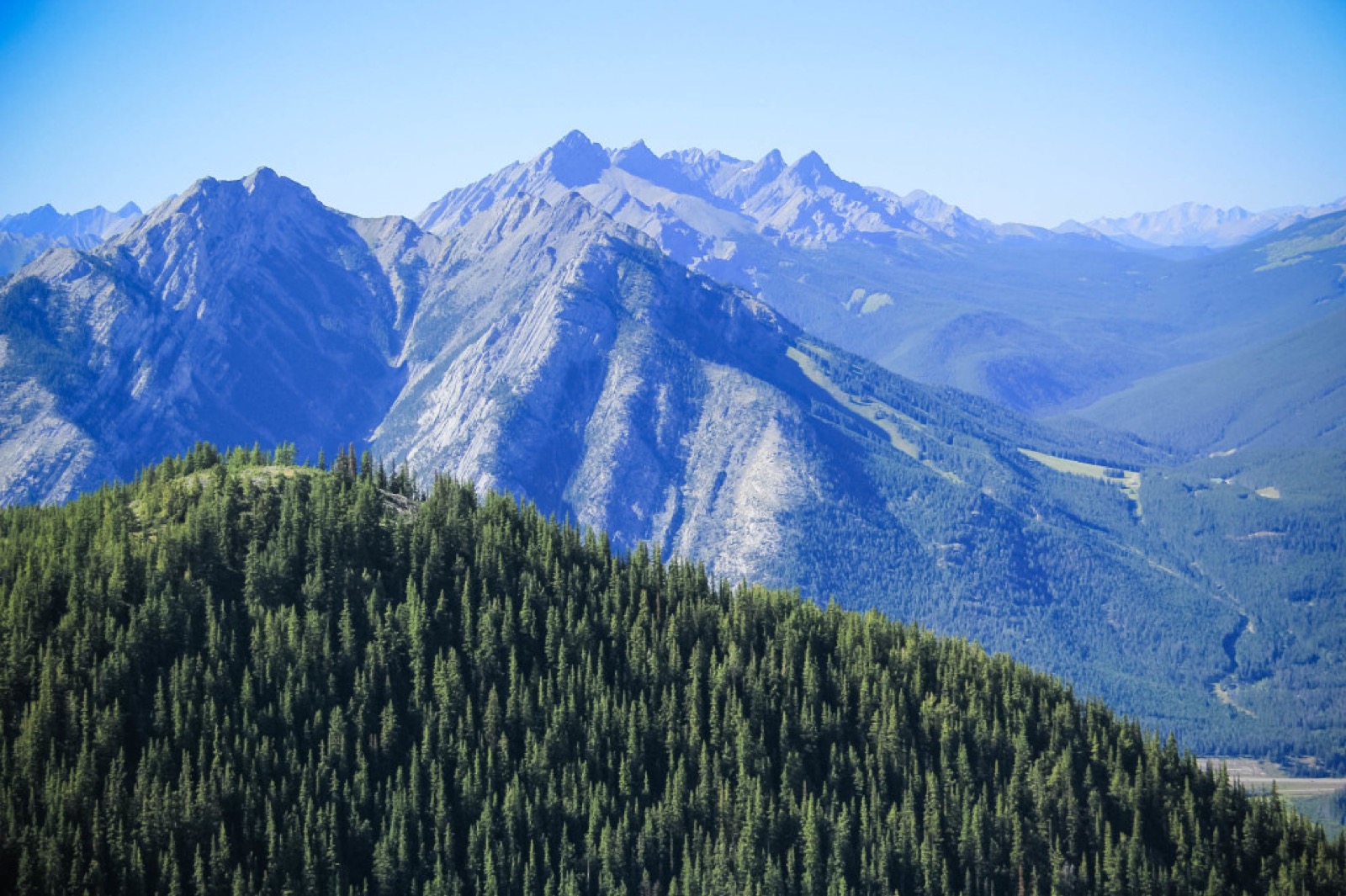What to Know About Moving to Canada
Posted on November 4, 2018 • 4 minutes • 677 words
If you’ve ever heard the call of the Canadian wild, you’ll be quick to answer. Whether your experience has had you touring the Cape Breton Highlands in the fall or kayaking Lake Louise in the dog days of summer, visiting Canada converts many visitors into residents. If you’ve made the decision to move to Canada, there are many things you need to consider before making the trek. Here are some of the most important things to know about moving to there. 
Canada is Huge
Canadians will often laugh at how unaware people are of the country’s size, particularly when they ask someone in Nova Scotia if they know their cousin Brad in Saskatchewan. Canada is the second largest country in the world in terms of landmass, with just shy of 40 million people living there - a startling contrast to the 325 million people of the USA. What does that mean for you? You need to know how far you’re traveling and plan accordingly. Hiring a moving company to ship your possessions might be costly, and driving may not be feasible depending on the time of year. Look for an automotive company that can package your car to be safely shipped from the lower states all the way up to Alaska (read more here: https://executiveautoshippers.com/services/alaska-hawaii-car-transport/ ) and consider getting a container rather than a uHaul for your furniture.
Rigid Immigration Laws
It may seem like Canada is letting everyone in these days from what you hear in the news, but the truth is more complex. You can visit Canada for a long time, but the process to become a permanent citizen
that can take advantage of everything the country has to offer is complex. If you have a criminal record or a history of recorded financial issues, you can forget getting a visa, let alone becoming a permanent resident. Fortunately, there are a lot of different options to look into for getting through the immigration process. There are visas for those who have skilled work that could benefit the country, as well as visas for entrepreneurs. Also, take a look at the Atlantic Immigration Pilot, a program that allows students to achieve their status by attending and graduating from school in the beautiful Maritime provinces. 
Prepare for the Climate
Many paint a picture of Canada as a frozen wasteland. However, that’s not always the case. As the country is so huge, there are various different climates and ecosystems to consider. Near Vancouver, B.C. they never really get a “Canadian winter” because of their location. In northern B.C. the temperatures plummet to -40 degrees and winter is six months long. On the other coast, Nova Scotia is surrounded by the Atlantic Ocean, and its climate is like a giant mood swing. You can expect hot, humid, tropical-like summer days and wet, bone-chilling winter storms. If you don’t like the weather, wait five minutes, and it will change. Don’t just assume that you’ll be frozen all the time upon moving to Canada. There’s a dry heat, humidity, dry cold, windchill - a lot of different factors to consider based on your location in the country.
Know the Pros and Cons
There are a lot of positive things that have led Canada to be listed as the second best place to live in the world. A strong educational system, universal healthcare, and great people are just a few of the pros that attract movers and shakers from around the globe. However, everything comes at a cost. Taxes are high (to make up for that universal healthcare), and waitlists are long for health services. Euthanasia is legal, and marijuana will be by the end of 2018, which will compel some and repulse others, and the Canadian dollar is weak in comparison to other major players in the market. These may or may not be determining factors for those looking to move. Canada is a great place to visit and an even better place to live, especially for those who love experiencing the great outdoors! But you’ll discover that for yourself, eh?




